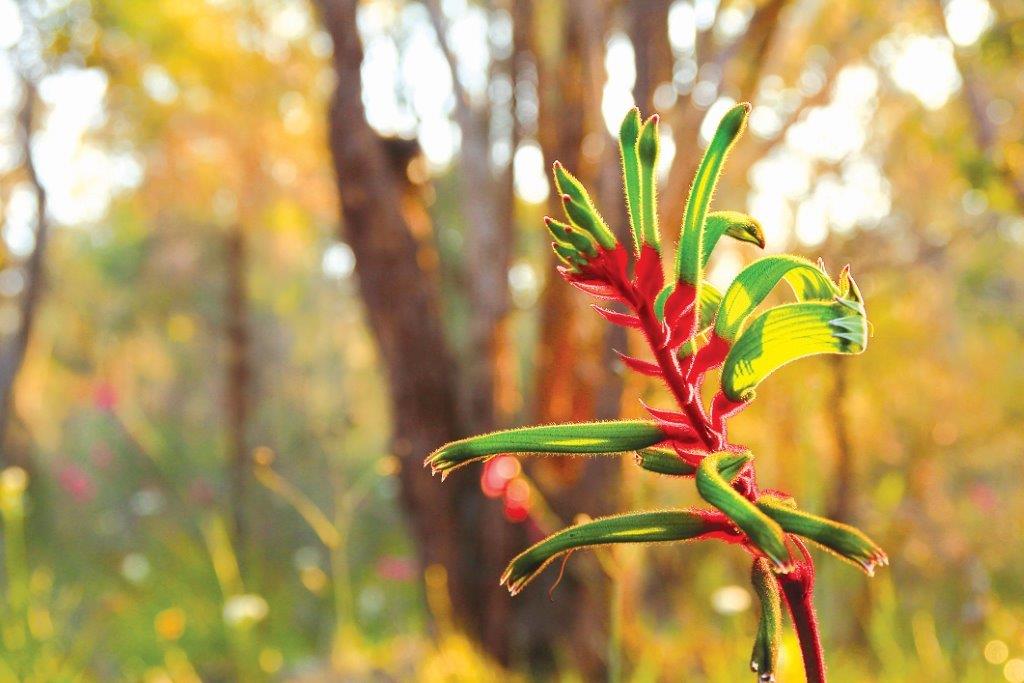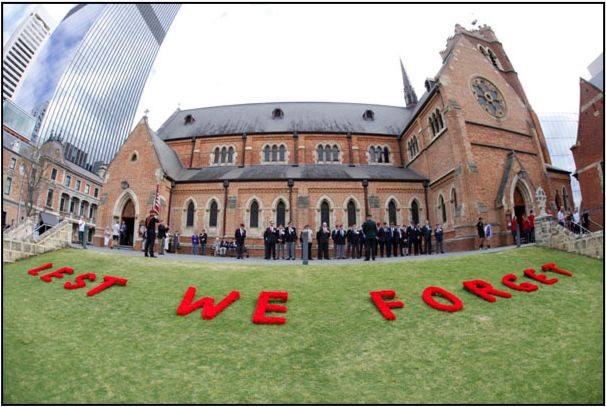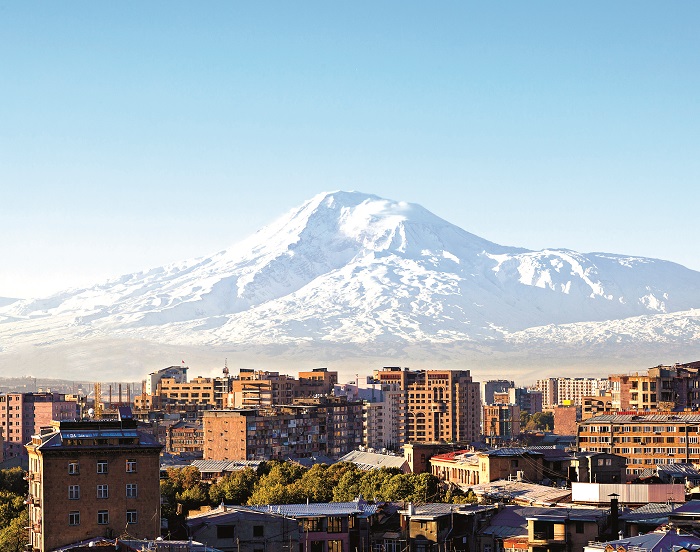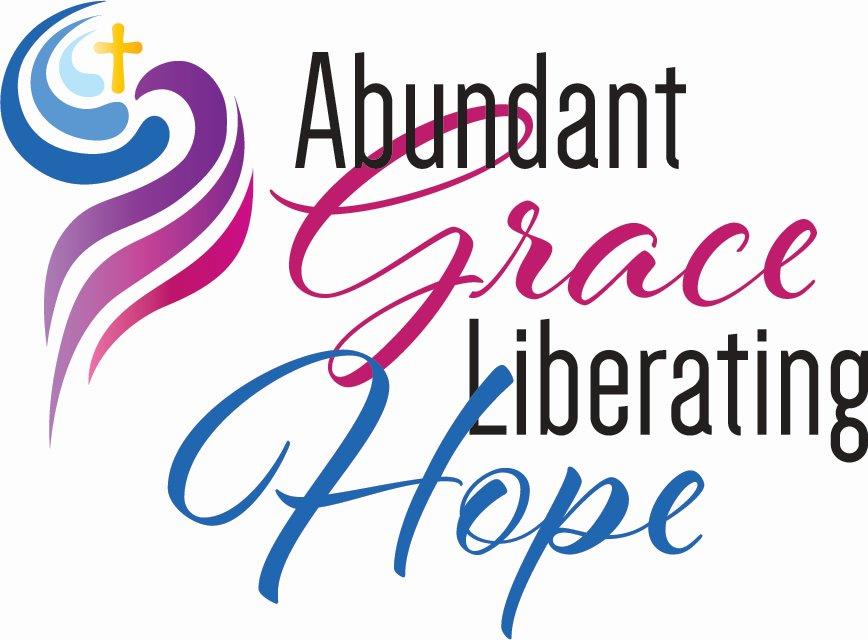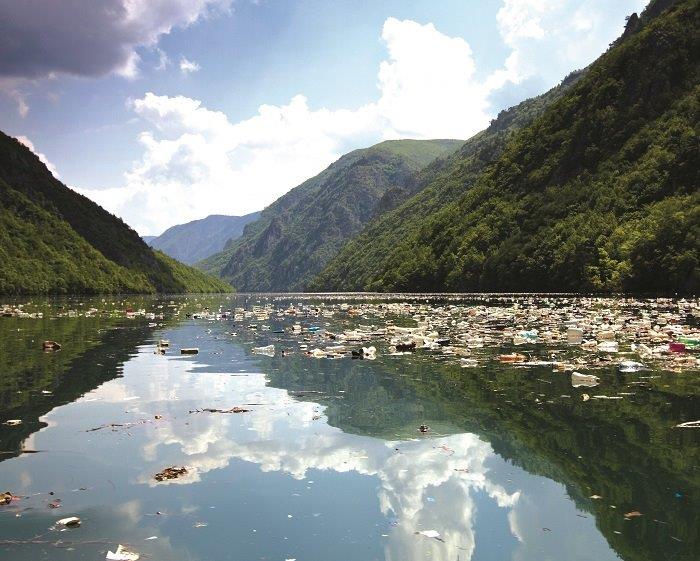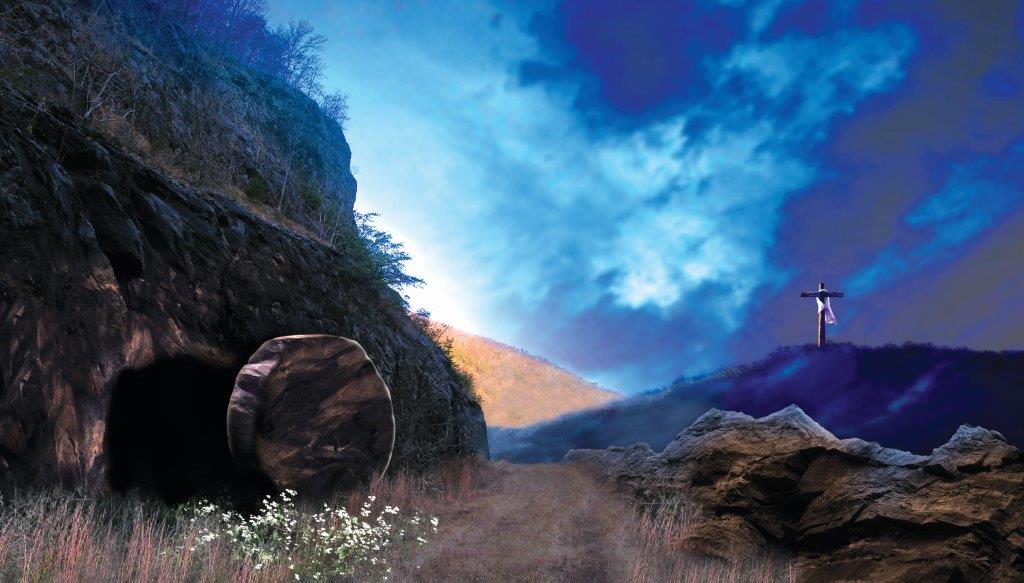The Nobel Peace prize winner Alexandr Solzhenitsyn knew first-hand the harsh realities of suffering.
He spent over ten years imprisoned in a Soviet gulag. It seems that the daily deprivations of prison life were somehow able to stimulate a creative genius in him. His books are now literary classics. His novel, One day in the life of Ivan Denisovich, the book Solzhenitsyn considered his best, focuses on a prisoner, Shukov. This remarkable man accepted horror, pain and suffering as normative. A typical day would consist of forced labour, tiny rations and brutal guards, with disease and death never far away.

